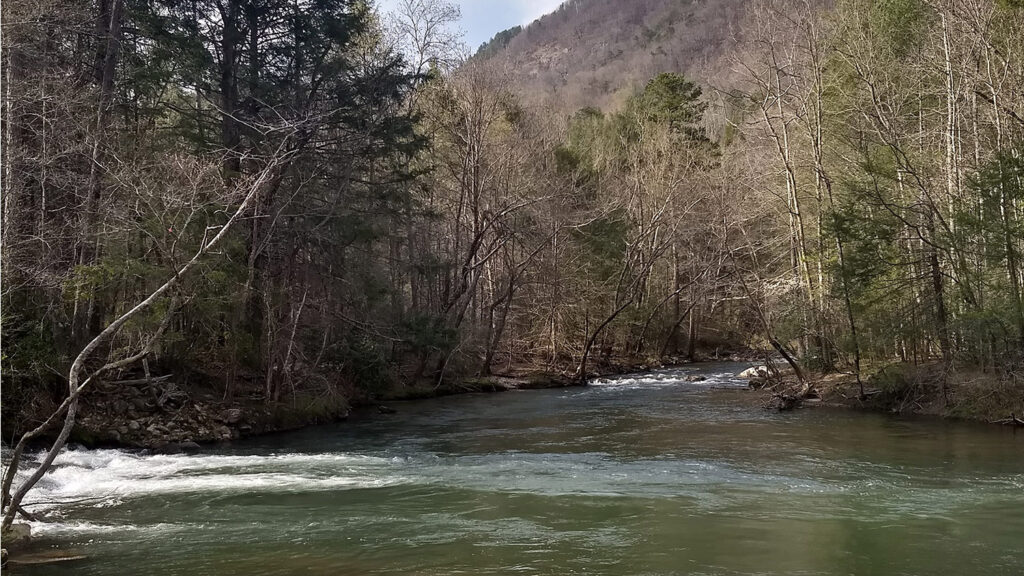Optimizing Landscape Planning for Wildlife and Agriculture

Project Title
Optimizing Landscape Planning for Co-Benefits Among Wildlife Populations and Agricultural Communities
Project Description
Wildlife management areas (WMA) protect wildlife, support outdoor recreation, provide ecosystem services and affect rural economies. This project will focus on the development of tools to measure the value of WMAs in the southeastern United States and to identify land parcels best suited for future protection in future WMAs. This will help ensure that the development of WMAs improves wildlife conservation efforts and rural well-being by quantifying wildlife conservation value, impacts to nearby property values, economic contributions via rural tourism, and carbon storage value of land considered for inclusion in WMAs.
Principal Investigators
Nils Peterson (Director)
Krishna Pacifici
Chris Moorman
Erin Sills
Collaborators
Researchers are working with state wildlife management agencies, U.S. Fish and Wildlife Service refuge system managers, municipalities, and representatives from non-governmental organizations to support the use of and elicit feedback about how this project can guide land acquisition for WMAs. These partnerships also help to identify areas where federal, state and other conservation priorities align with areas that, if conserved, could also provide ecosystem services and economic benefit to rural communities. Other collaborators include Katie Warnell and Lydia Olander of Duke University’s Ecosystem Service Program, Jane Harrison of North Carolina Sea Grant, and Rua Mordecai of the South Atlantic Land Conservation Cooperative.
Expected Outcomes
- Ensure WMA expansion optimizes benefits to wildlife and rural communities.
- Collaborate with WMA managers in 15 states across the southeastern U.S. and Puerto Rico as they plan where to conserve lands in the future.
A McIntire-Stennis supported project
About McIntire-Stennis
The McIntire-Stennis program, a unique federal-state partnership, cultivates and delivers forestry and natural resource innovations for a better future. By advancing research and education that increases the understanding of emerging challenges and fosters the development of relevant solutions, the McIntire-Stennis program has ensured healthy resilient forests and communities and an exceptional natural resources workforce since 1962.